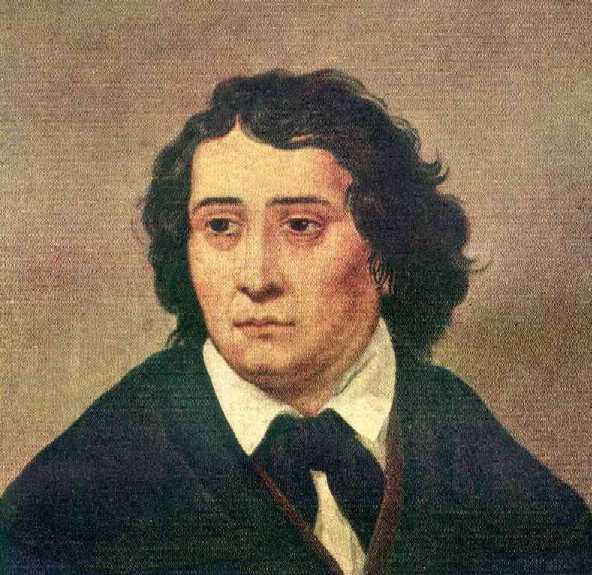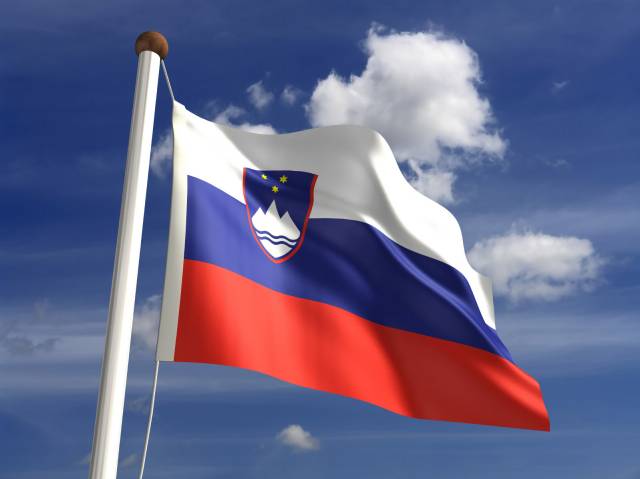Public Holidays in Slovenia
26.4.2016 | Fiona Thompson
Although Slovenia celebrates some of the same holidays as the UK and other western countries, it also has a few of her own public holidays, as well as a number of significant days which don’t get you a day off work but are still an important date in the calendar. The latter are mostly religious holidays of the Catholic church. What’s more, Slovenia differs in that if a public holiday falls on a Saturday or Sunday, it’s not carried over to a working day – so if the holiday falls on a Monday that’s great, there’s a work-free day, but if it falls on a Sunday, tough luck.
The first holiday of the calendar year is New Year’s Day: it’s a full state holiday – like a bank holiday in the UK. In 2012, Slovenians lost a day’s holiday when 2nd January ceased to be a state holiday due to a raft of austerity measures introduced by the government but in December 2016 Parliament voted to reinstate the holiday with effect from January 2017. The 2nd January holiday was first introduced in 1955.
The next state holiday comes the following month when Prešeren Day is marked on 8 February Franc Prešeren is Slovenia’s most celebrated poet and he wrote the words of what is now the Slovenian national anthem. Prešeren Day is a celebration of Slovene culture in general and on this day museums which usually charge an admission fee are free to the public.

Easter Monday is the only holiday for Easter (there’s no ‘Good Friday’ holiday like in some other countries, though on the Friday before Easter Monday Slovenians do follow many long-standing traditions). Easter Monday is officially a ‘work-free day’ rather than a state holiday.
Next up is Resistance Day on April 27th. It used to be known as Liberation Front Day and it’s a state holiday that commemorates the establishment of the Slovenian Liberation Front in 1941, the main resistance movement against the German occupiers.

As is traditional in many countries around the world, May Day is celebrated on May 1st, whatever day of the week that should fall on and there’s an additional day on May 2nd.
Statehood Day is celebrated on 25th June, commemorating independence from Yugoslavia in 1991. It’s a state holiday, known in Slovenian as ‘Dan državnosti’.
On August 15th, Assumption Day is a work free day. This celebration of the Feast of the Assumption is common in Catholic countries.
The next state holiday comes along in October when Reformation Day is marked on 31 October; it’s swiftly followed by another state holiday, All Saints Day (also known as All Hallows) on 1st November. On this day, Slovenians take flowers (often chrysanthemums) to the graves of their relatives.
Christmas Day, 25th December is a work free day and 26th December is a state holiday, Independence and Unity Day, or ‘Dan samostojnosti in enotnosti’ in Slovene. On this day in 1990, the results of the referendum on Slovenian independence were proclaimed. 94.8% of those who voted were in favour of being a sovereign and independent nation.
On 8th June, Primož Trubar Day is a state holiday established in 2010 but not a work free day. There’s a similar situation on 17 August when the ‘Day of Slovenes in Prekmurje Incorporated into the Mother Nation’ is marked. Other state holidays that are not work-free are Rudolf Maister Day (23rd November), and ‘Day of Restoration of the Littoral Region to the Motherland’ (15th September).
Various functions attended by national and local dignitaries take place on state holidays and Slovene, EU and regional flags are flown from flagpoles.











